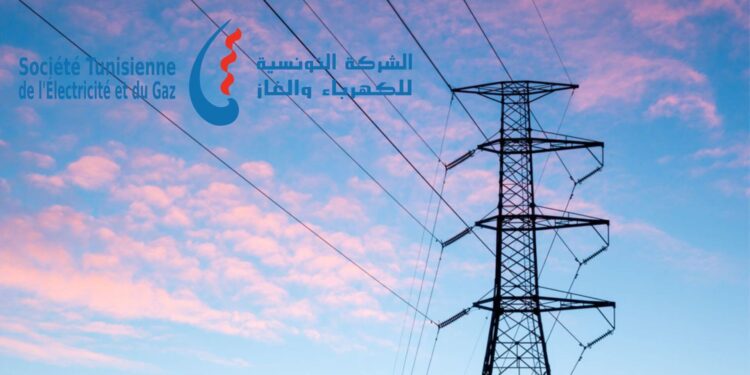In the middle of a scorching summer, while air conditioners are running at full speed, electricity consumption in Tunisia reaches dizzying peaks. To avoid the complete collapse of the network, the Tunisian Electricity and Gas Company (STEG) uses a little -known measure of the general public, but with clearly visible consequences: electric load shedding.
Unlike a classic breakdown, load shedding is a deliberate operation of electricity cut in certain areas of the territory, by rolling. The objective: to relieve the network when it is on the verge of saturation, by temporarily removing the load in non -priority sectors.
This emergency mechanism makes it possible to maintain food in so -called “sensitive” areas: hospitals, critical infrastructure, major urban axes, etc., while avoiding generalized blackout.
Clearly, this is a strategic choice between a partial and brief cut, and a total collapse of the electrical system, with much heavier consequences.
Inspired by a global practice
Tunisia is not an isolated case. Detaining – or Load Shedding in English -speaking countries – is practiced in many regions of the world, often in development or confronted with imbalances between production and consumption.
In South Africa, for example, this system has been in place for years, managed according to “levels” (internships) according to the severity of the situation. Lebanon, India, Algeria or certain states of the United States also use it, sometimes planned and announced in advance.
But if the destitution avoids the worst, it is by no means a lasting solution. On the contrary, it reveals the limits of the Tunisian energy system, especially in summer. The high demand linked to air conditioning, the dilapidation of certain infrastructure and the delay in energy diversification projects, in particular solar, weaken the network.
The situation becomes critical when it leads to a blackout, as was the case in August 2022: a giant electricity cut plunged the majority of the country in the dark for several hours. A red alert for the authorities and the STEG, faced with the urgency of modernizing the network and managing demand.
Better communication expected
While load shedding continues to be applied sporadically this summer, often without prior communication, many citizens wonder. Why is their neighborhood suddenly plunged into darkness, when others remain lit? A lack of transparency and anticipation that feeds anger and confusion.
It becomes urgent that the STEG, and more broadly the state, clearly communicate on these measures, while accelerating the necessary reforms to make the system more resilient as long as these measures are preventive.








